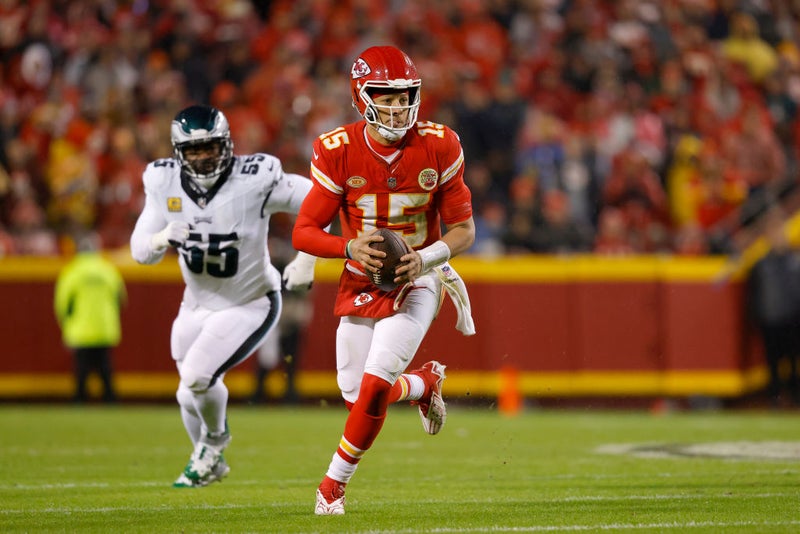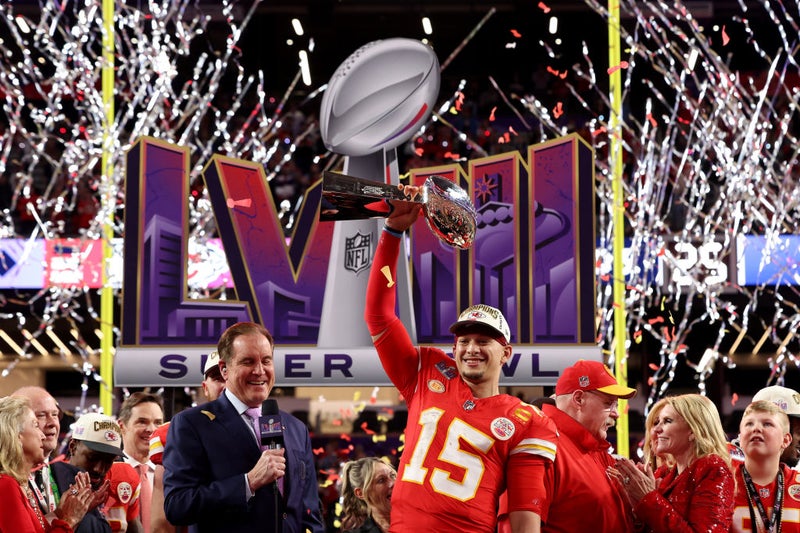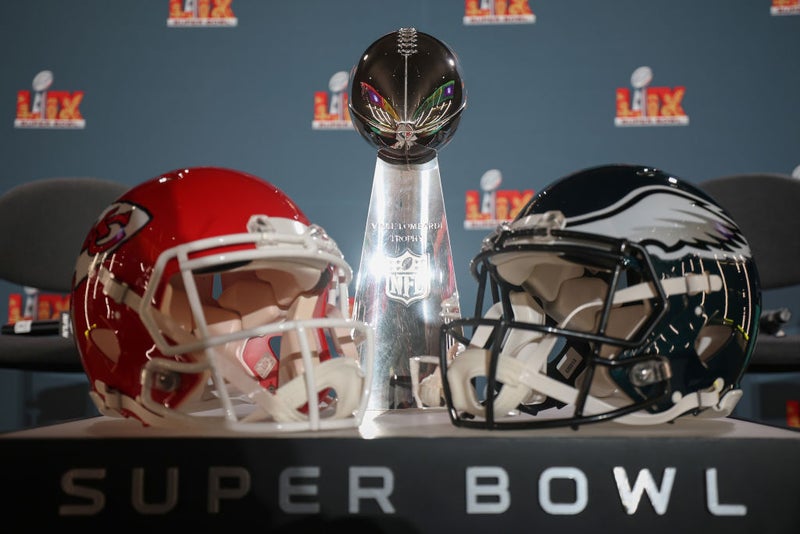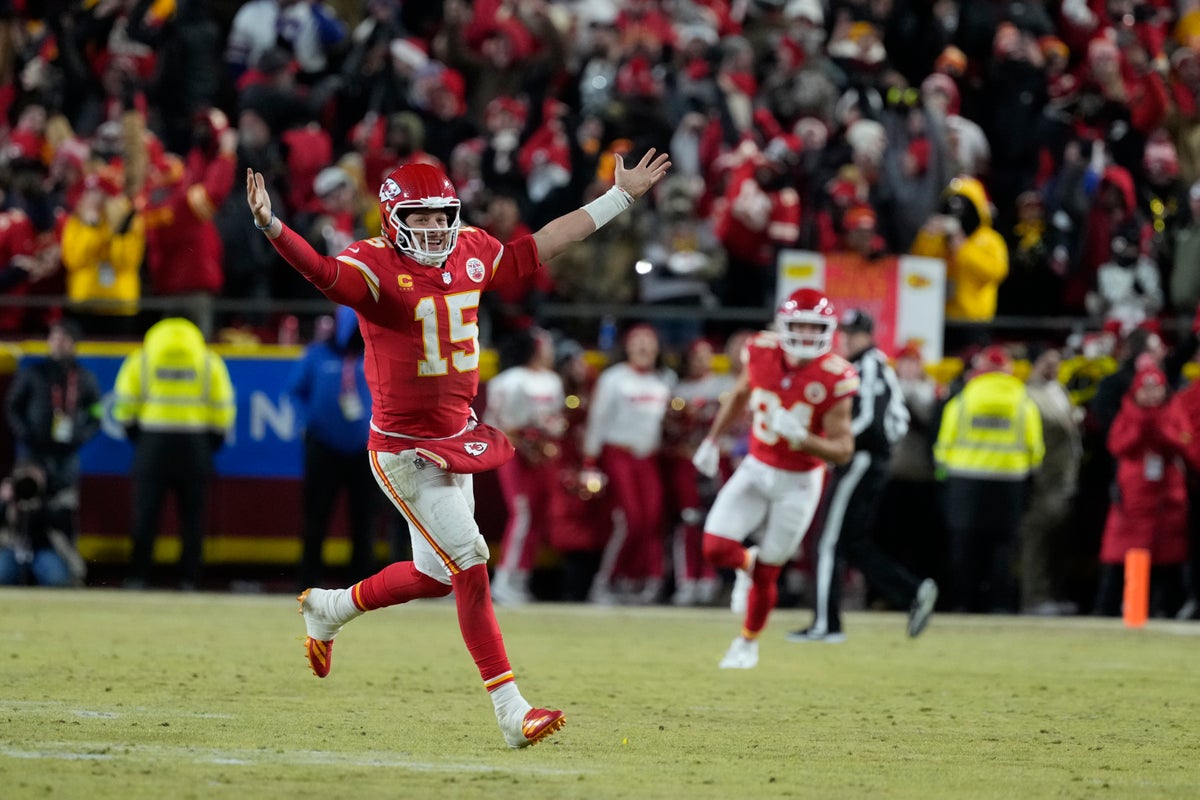Everything you need to know about overtime rules ahead of Super Bowl LIX. The Kansas City Chiefs are targeting a historic three-peat of Super Bowl wins when they face the Philadelphia Eagles on Sunday night at Super Bowl LIX. Both sides come into the season-decider in fine form, with the Chiefs having lost just two games before booking their place in the Super Bowl with a 32-29 win over the Bills. And the Eagles lost just three matches on their way to the NFC Championship title, beating the Commanders 55-23.
The game throws up a rematch of Super Bowl LVII, when the Chiefs started their bid for a hattrick of titles with a 38-35 win. And this year brings the chance to cement a dynasty for the Chiefs, who earned a dramatic win over the 49ers last year in what was the first Super Bowl to require overtime under the new regulations. With little to separate the Chiefs and Eagles ahead of LIX, fans may need a recap of the overtime rules after changes were brought in in 2022 – here’s everything you need to know:.
The rules for overtime are slightly different in the postseason to those used during the regular season. The NFL amended overtime rules ahead of the 2022/23 season, after a now-famous overtime win from the Kansas City Chiefs against the Buffalo Bills in the 2021 AFC Divisional playoff game. Before the rule change, if a team scored a touchdown on the opening drive, it would automatically end the game.
In that match in 2022, the Chiefs won the coin toss ahead of overtime, giving them the first possession, and Patrick Mahomes rushed for four yards before completing five passes for 50 yards and eventually throwing an eight-yard touchdown pass for Travis Kelce. This touchdown gave the Chiefs the win and left the Bills unable to get a chance to reply with a play of their own, with many pointing out how the Chiefs’ luck on the coin toss heavily contributed to the win.
Now, each team is guaranteed to have one possession in overtime, even if the first team to get the ball does score a touchdown. Despite the match being played yearly since 1967, only two Super Bowls have ever needed overtime to decide the result. One of those came last year, when the Kansas City Chiefs and San Francisco 49ers drew 19-19 in regulation time before the Chiefs went on to earn a 25-22 win.
Before that, the only Super Bowl to ever require overtime was LI, between the Atlanta Falcons and New England Patriots in 2017. The Falcons had earned a 28-3 lead at one point in the third quarter, before Tom Brady helped the Patriots rally to 28-28 by the end of regulation time. In overtime, New England won the coin toss and eventually earned a 34-28 win after a touchdown from running back James White secured one of the most famous Super Bowl wins in history.






















